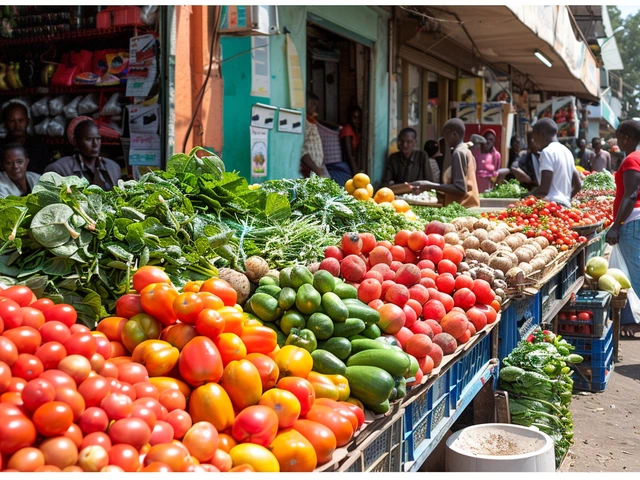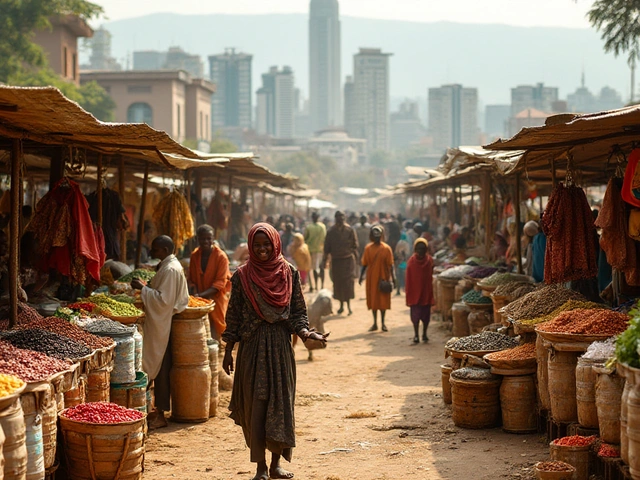Housing in Ethiopia: What You Need to Know Before Renting or Buying
Finding a place to live in Ethiopia can feel overwhelming if you’re new to the market. The reality? Housing styles, rental prices, and even the way deals are made vary wildly across cities and neighborhoods. So, it helps to know exactly what to expect when you start your search.
First off, rent in Ethiopia isn’t a one-size-fits-all deal. In Addis Ababa, the capital, prices are higher than almost everywhere else. You’ll see everything from modern apartments with 24/7 security in Bole or Kazanchis to small, basic homes on the city’s edge. A typical one-bedroom in a popular neighborhood might set you back anywhere from 10,000 to 20,000 birr per month, while further out you’ll pay less, but probably give up some convenience. If you’re looking at cities like Bahir Dar, Hawassa, or Mekelle, rents drop noticeably.
Don’t expect all rentals to be listed online. A lot of business is word-of-mouth or handled by local agents. Sometimes it feels like you need a local friend just to get the inside scoop! Agents can speed things up, but be ready to pay a finder’s fee—usually equivalent to one month’s rent. Want to skip the middleman? Don’t be afraid to visit neighborhoods and ask shopkeepers or locals about available homes.
Furnished apartments are rare outside of central Addis, and prices reflect the extra comfort. Most houses come unfurnished, so you might need to budget for basics like a bed and a fridge. Utilities—electricity, water, and sometimes security or compound fees—aren’t always included in the base rent. Always double-check what’s covered before signing a contract.
If you’re working with a limited budget, consider looking outside the main city centers. Some outer districts offer surprisingly spacious houses for half the price, though you’ll have longer commutes and maybe less reliable infrastructure. Public transport in Ethiopian cities varies, so factor in travel costs and convenience.
Want to save money? Team up with friends or coworkers for a shared house. House sharing is common, especially among young professionals. If you’re comfortable with it, you’ll land a better location and more space for your money. Just make sure to agree on rules before moving in—privacy can be tricky in crowded homes.
Landlords expect you to pay several months up front—often three to six. Bargaining is part of the deal. Don’t shy away from negotiating rent or asking for small repairs to be done before you move in.
Economic trends in Ethiopia shape rental prices. High demand in urban areas and fluctuating foreign investment mean rents can rise fast, especially after big infrastructure projects or business openings. Keeping an eye on local news gives you a heads-up on when to look for deals or brace for hikes.
If you’re thinking bigger—buying a home—expect a maze of paperwork and regulations. Foreigners face restrictions on ownership, and processes vary across regions. Always get legal advice to avoid future headaches.
Navigating the Ethiopian housing market is possible, even if you’re new to it. Know your needs, do some groundwork, and don’t rush. The right information makes all the difference, whether you’re finding your first apartment or planning a permanent move.





